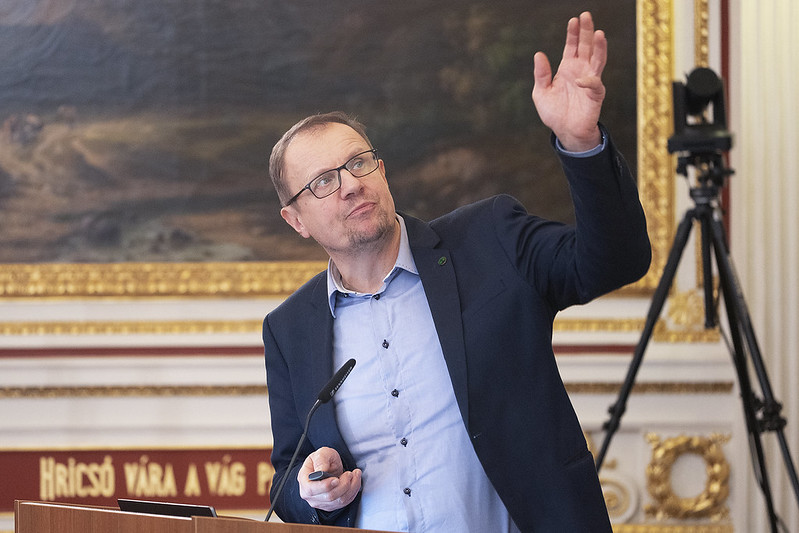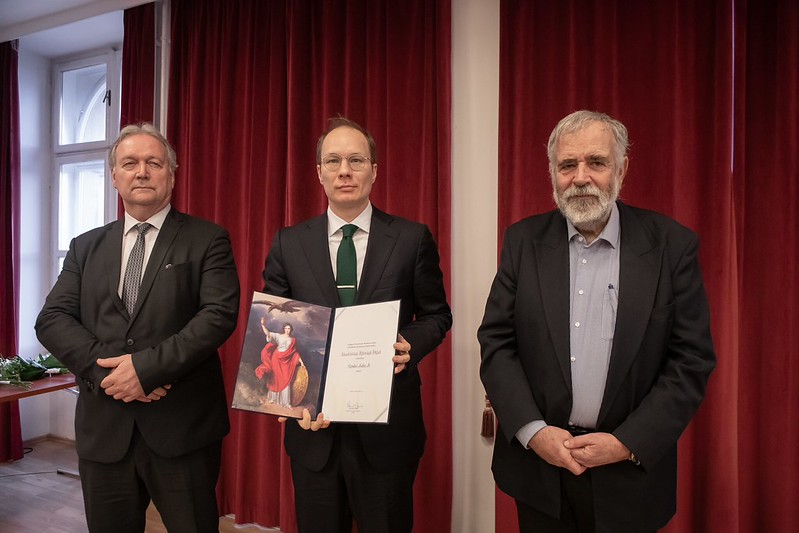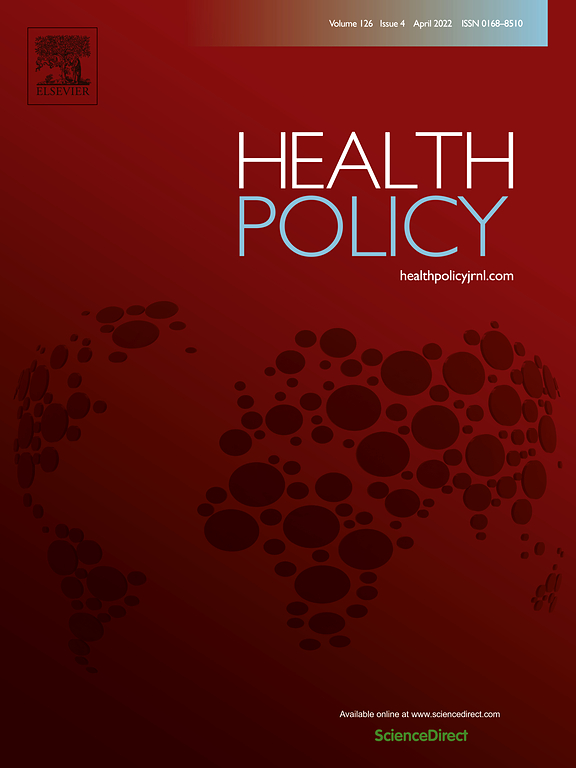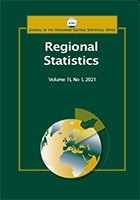Abstract :
Geographical distance between young adults residence and the nearest university is known be related to enrolment in higher education. At the same time, participation in higher education and. the field of study choices depend on social origins. We hypothesize, that less privileged students more often live further away from higher education and that their enrolment choices are more affected by distance to the nearest university due to transaction (travel) costs. Previous research has shown that geographical distance effects on university choices are indeed related to social origins. In order to investigate these hypotheses, we make use of a natural experiment that changed travel times between different parts of Denmark remarkably and suddenly, the opening of the Storebælt crossing in 1996 (train connection) 1997 (road traffic). With the fix connection to Zealand, a wide range of new study opportunities moved closer to young working class people on Funen from one day to the next. Most significantly, this moved higher education institutions in Copenhagen and Roskilde into the daily commuting distance for a part of Funen. While regional comparisons are typically plagued by unobserved heterogeneity between regions that may correlate with the choice of universities in other ways than travel and relocation costs, the opening of the crossing changed only the travel times between two regions. Our design allows for an investigation of distance effects on higher education enrolment as well as field of study choices with special focus on social background differentials drawing on an a rich database from Danish administrative registry data. Results show that the new bridge does not seem to have changed enrollment patterns.










